Sales staff judge you by skin color
27 Dec 2017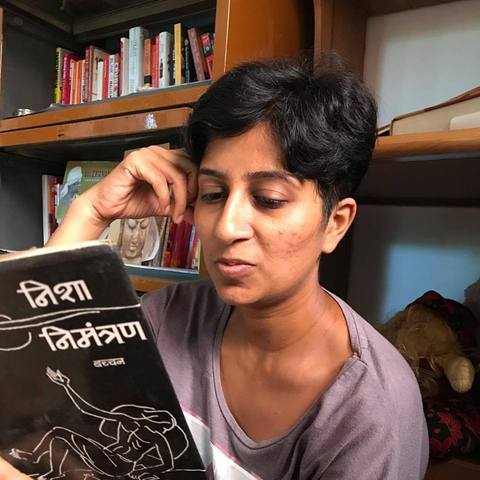
When I was in college I was quite fair. I am an architect by profession and when I started working, I had to go out into the sun a lot. Naturally, this darkened my skin. Ever since then I’ve had to face the comment/question, “Oh! What happened? You’ve become so dark!”
I’ve explained to them that my job involves me being out in the sun over extended periods of time. I’ve gotten into organic farming as well and that again means that I have to be outside all day. Even when I go home, my relatives are all over me about how much my skin has tanned.
Our attitude towards fairness has a lot to do with historical roles. If you look back, the people who worked outside in the sun were the labourers and farmers. The rich, upper class like the zamindars stayed indoors. It was only natural that they would be fairer. I think that because of this we associate fairness with health and wealth. The climate in India is hot and sub-tropical and our dark skin protects us from it but we still see dark skin as bad.
This attitude can be seen clearly in the way I was treated when I was fairer and now when I’m darker. First of all, there is the regional bias. I moved to Bhubaneswar six years ago. When I was there, at first, people believed I was a north Indian. Now that I’m darker, people think I belong to Orissa (laughs).
Another thing I’ve noticed is that the sales staff in shops tends to treat you differently. Earlier, when I walked into shops, they would give me preference and show me expensive stuff. Now, it’s only when I start speaking in Hindi or English that they change their attitude and speak politely.
I believe change is coming but it is very slow. People’s attitudes have started changing but when you go down to the grassroot levels you still have to face a lot of prejudice. Of course, the media takes advantage of this and they’re not going to stop because they earn a lot of money through it. We ourselves will have to change the way we look at people so that these mindsets can change.
Shweta Agarwal,
Architect
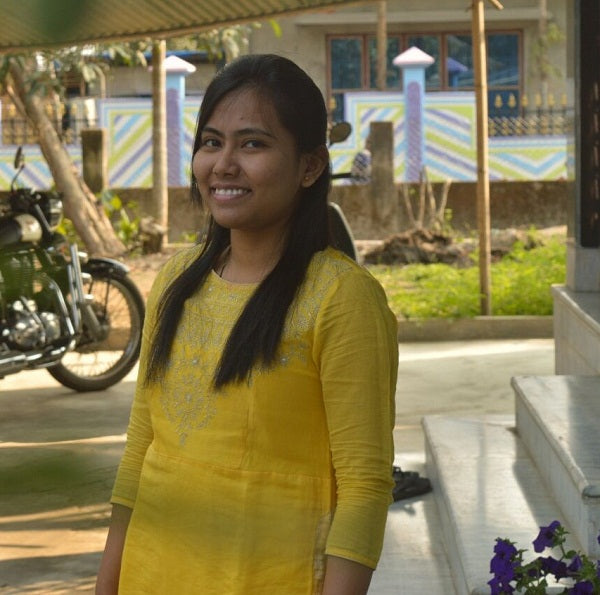
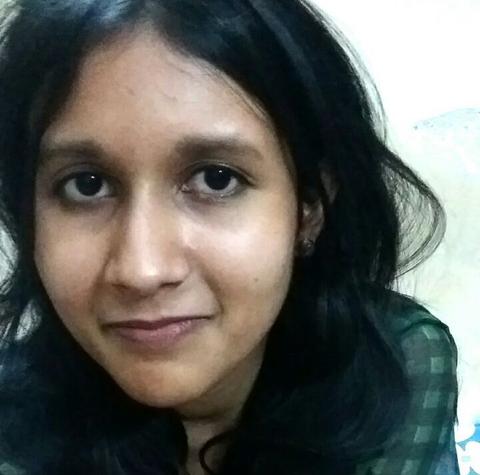
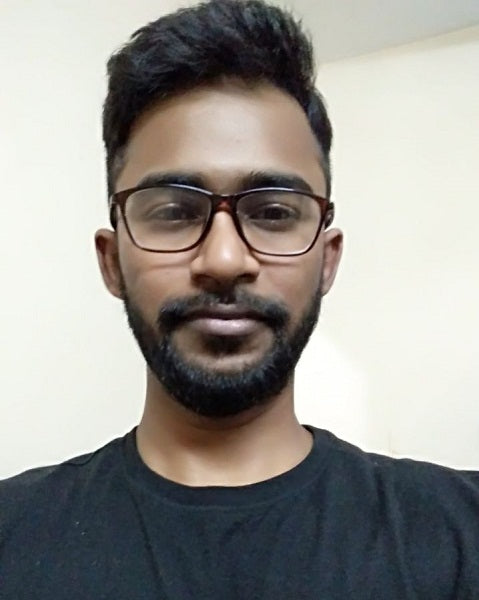
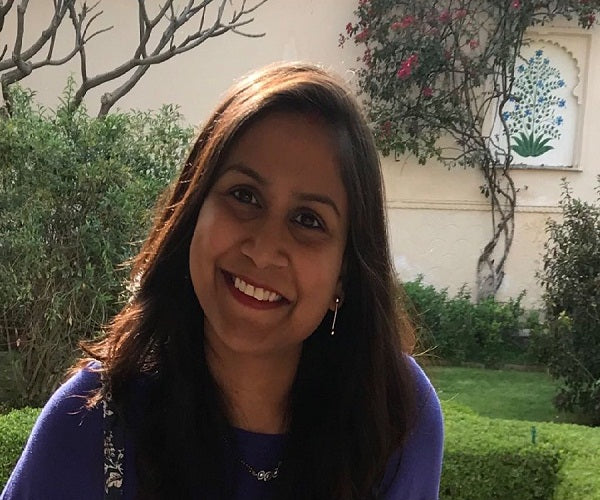




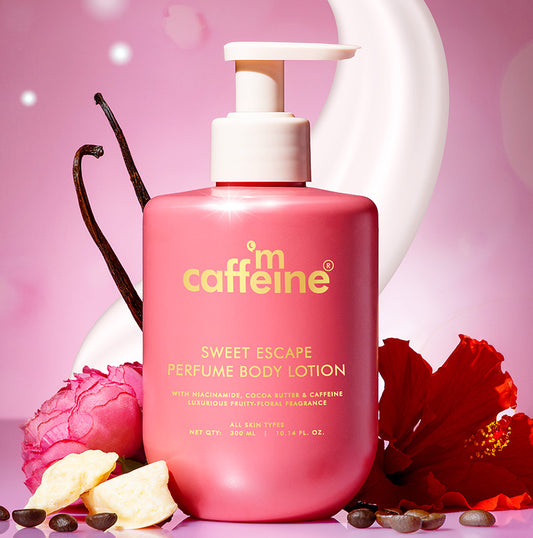






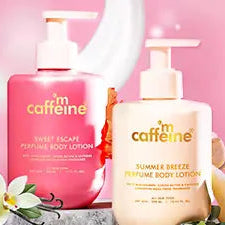



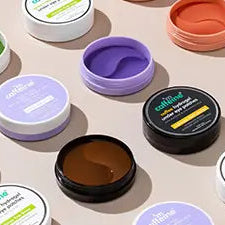





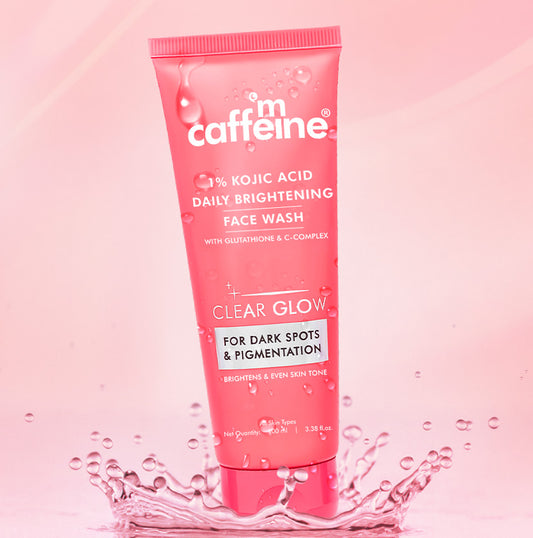

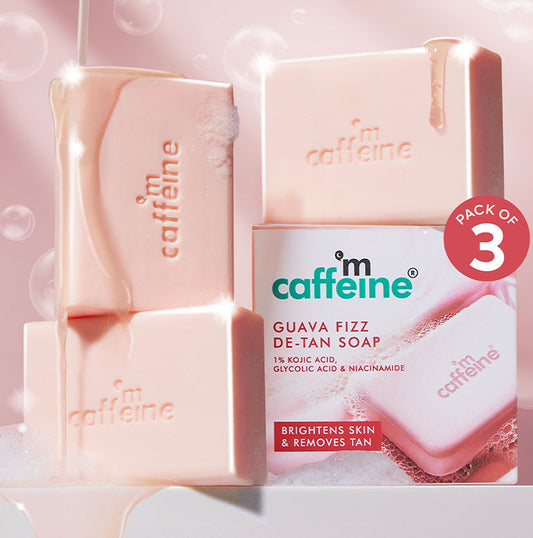


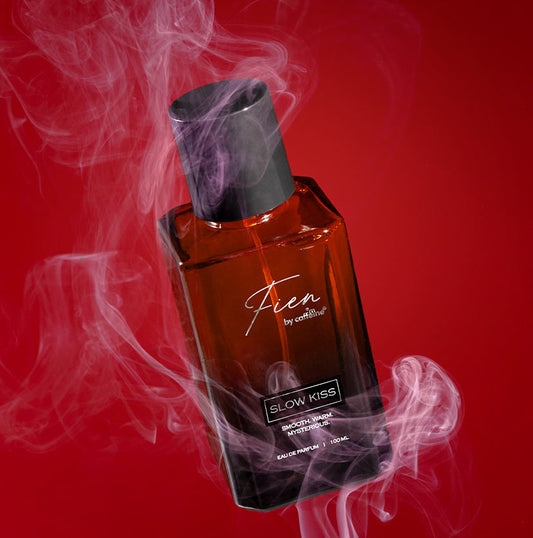



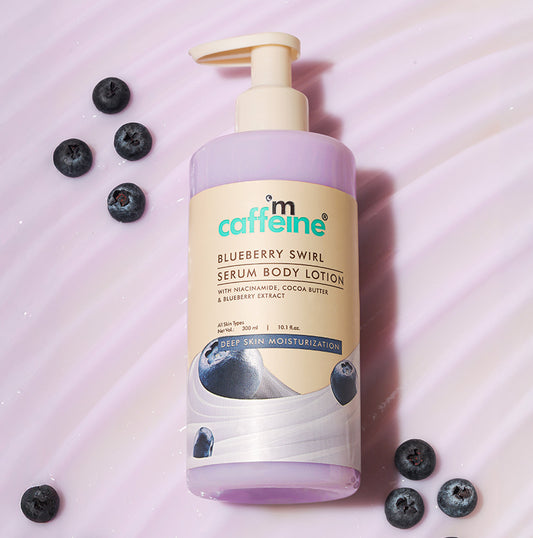


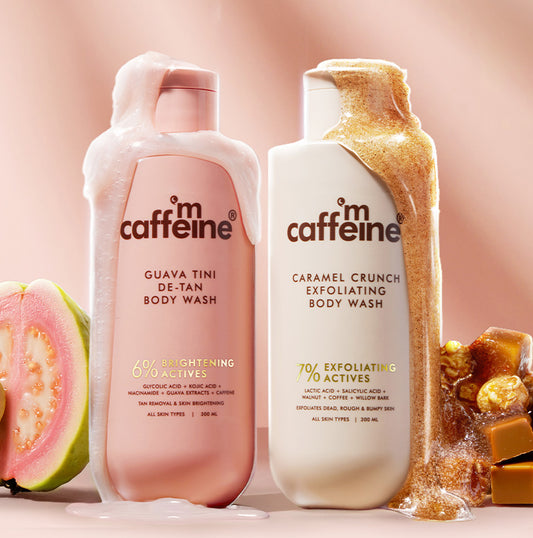

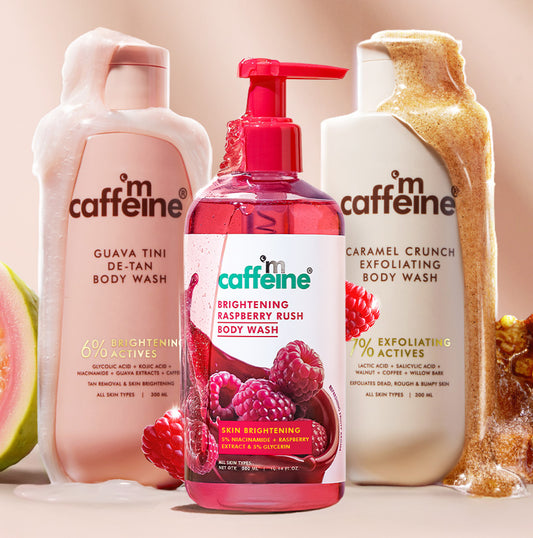
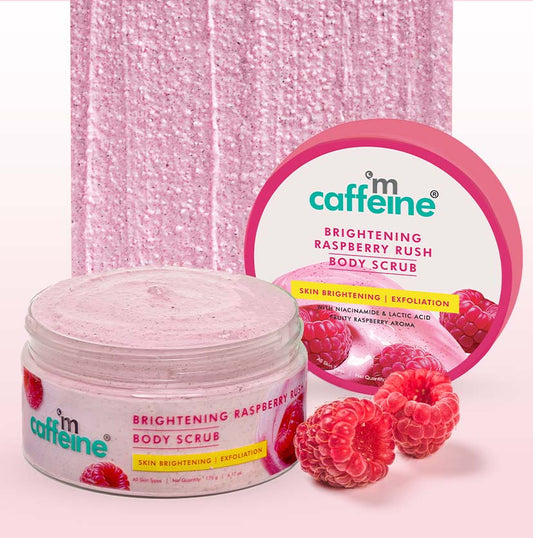

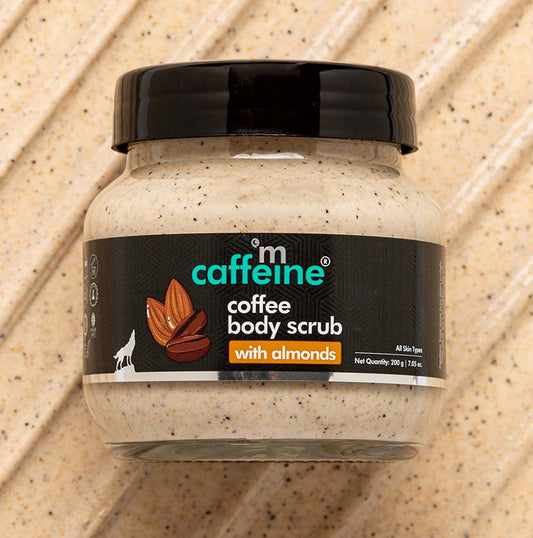
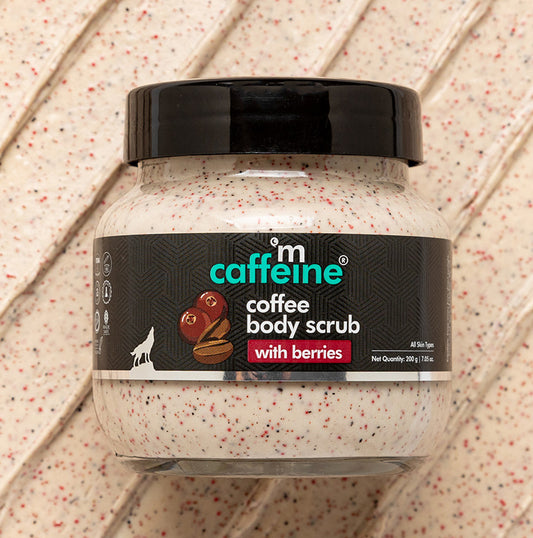
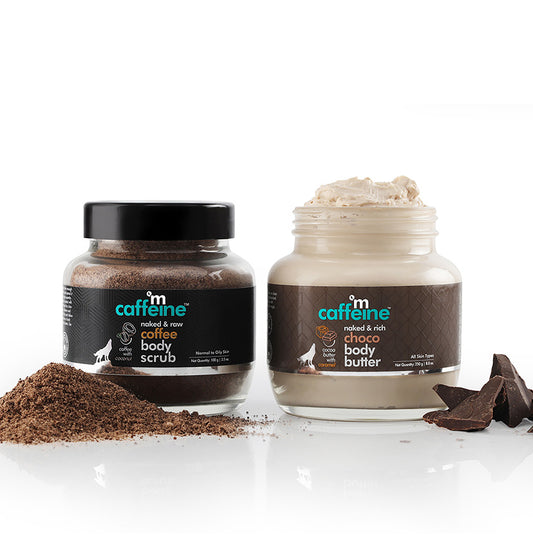


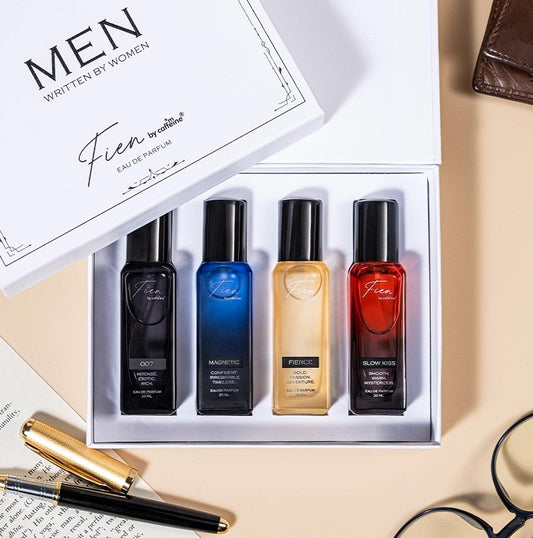
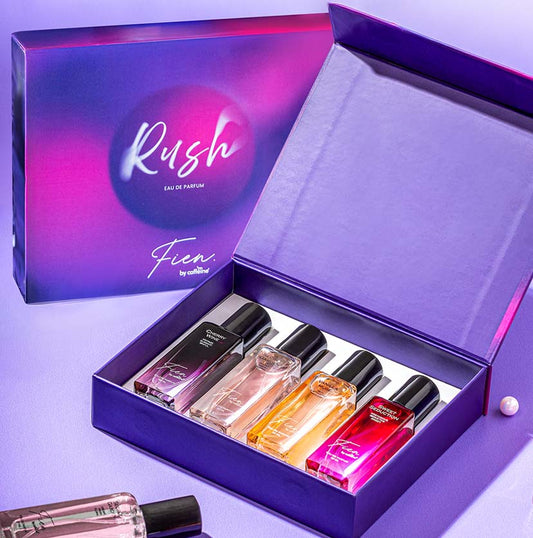

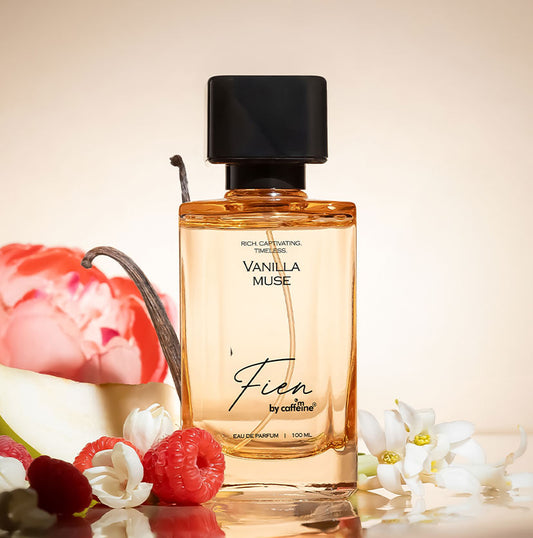
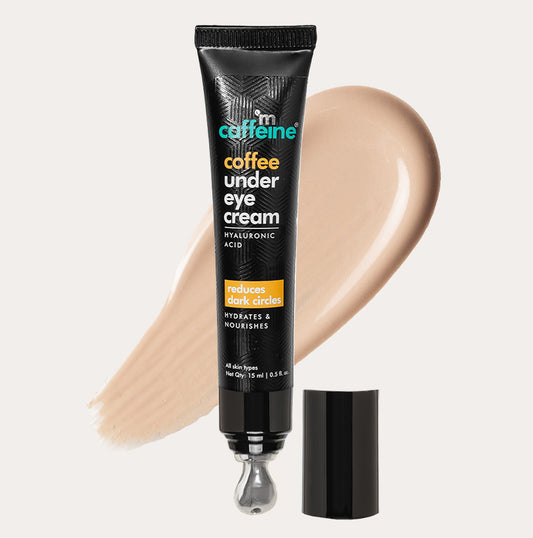

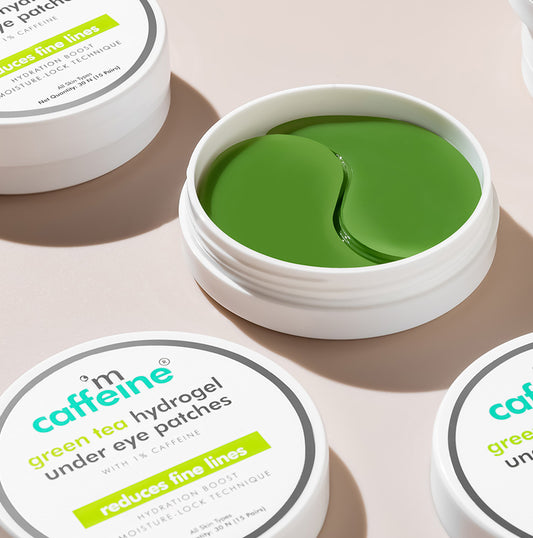
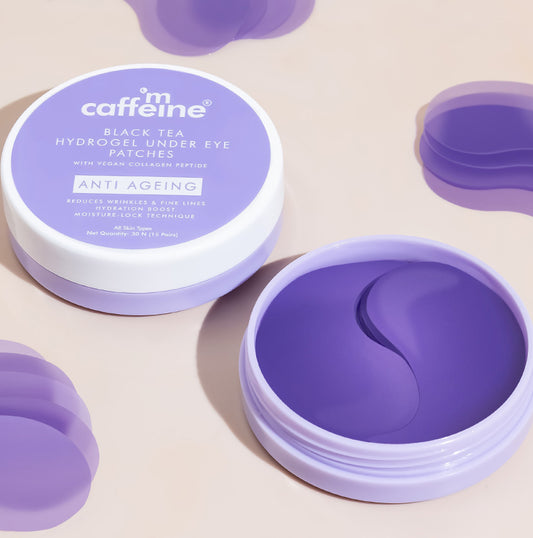
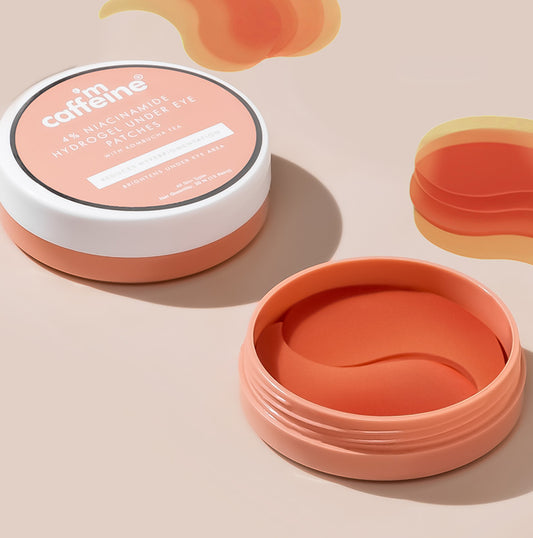
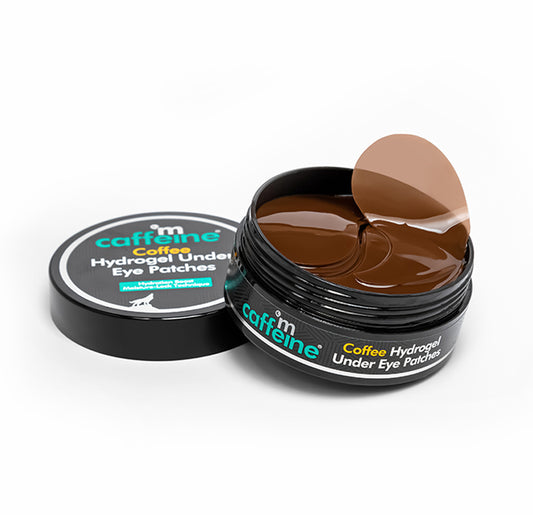



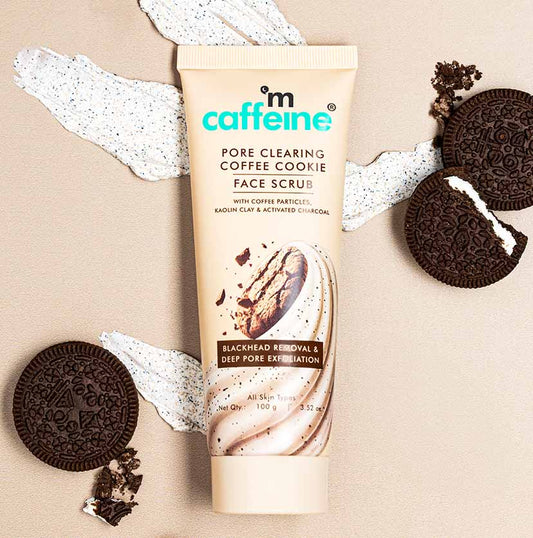
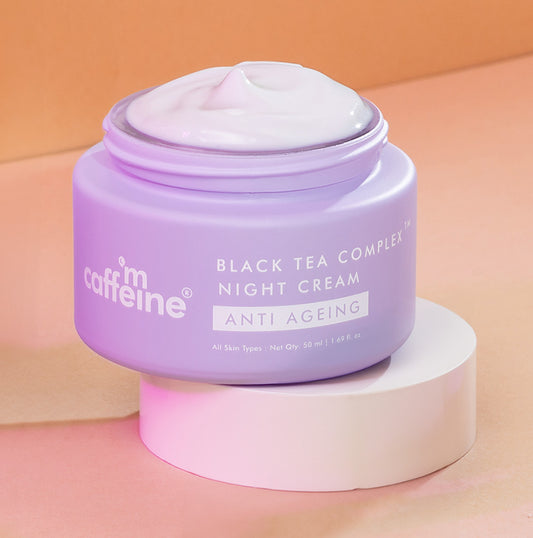


2 comments
1
1